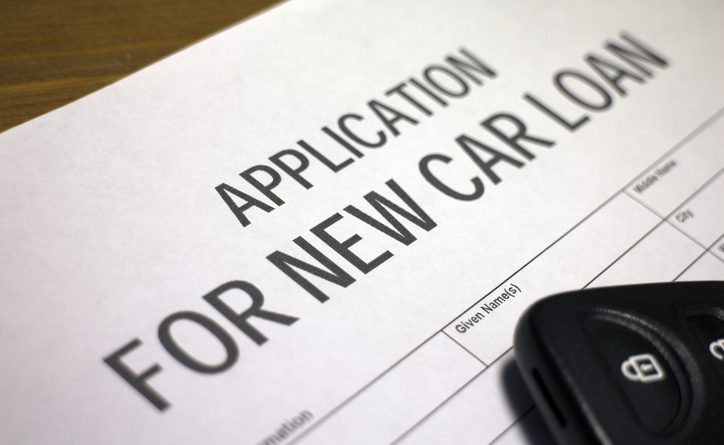When you go to purchase a car, you want the lowest interest rate possible, but you also want a low monthly payment. Going for the least amount may seem like the best option, but you may be surprised to know going for the 84-month term is not a good idea. Before you accept any loan, you need to know how long your car loan should really be.
Available Terms
When you attempt to get an auto loan, you’ll find your loan length displayed as months. It’s displayed in 12-month increments and can last from two to eight years. The available loan terms are usually 24 months, 36 months, 48 months, 60 months, 72 months, and 84 months. The average car loan is around 60 months, although many are paid off before the last payment date.
Long-Term Drawbacks
Getting a long-term loan of 84 months could look very appealing since the monthly cost is very low, but is it a good idea? Could it mean more cash in your pocket? Unfortunately, no. The problem with long-term loans is that the interest rate is higher than if you chose a short-term loan. Extra money in your pocket each month could cost you thousands in interest over the years.
For example, let’s say you purchased a $28,000 vehicle, and you chose an 84-month loan with a 4.5% interest rate. At first, this rate may not look that bad, especially since it’s only a percent or two higher than the short-term loan. Your monthly payment would only be $389.20 for seven years, but how much interest would you pay? On top of your original $28,000 loan, you’d end up paying an additional $4,693 in interest alone. That turns your $28,000 loan into a $32,693 auto loan, which accounts for 14% of your payments.
Short-Term Drawbacks
Going for a short-term loan would lower the interest rate, of course, but the payments are much higher. With the same auto loan of $28,000, let’s say you get a 36-month car loan. The interest rate for this vehicle can be around 3%, which doesn’t seem like much of a difference when compared to a 4.5% interest rate. However, the term is much shorter. The payments jump to a surprising $814.27, but the interest you’d have to pay drops dramatically to $1,313.86. Rather than accounting for 14% of your loan, the interest for a short term loan is much lower with 4% going toward interest. In the long run, you’ll end up paying much less if you choose a shorter loan.
The Verdict
When it comes to choosing a long- or short-term loan, you need to decide what you can afford. If a high monthly payment isn’t in your budget, a long-term loan could be perfect for you. Many people choose a long-term loan and pay extra each month, requesting that the additional money goes straight toward the principal. This method pays down the loan amount rather than interest. In the end, it comes down to what you can afford. No answer works for everyone since everyone has a different budget. The correct answer is whatever fits best for your budget.
Featured Image: Thinkstock/Hailshadow




